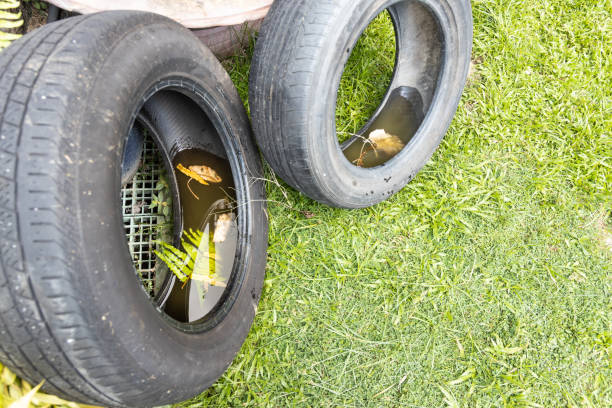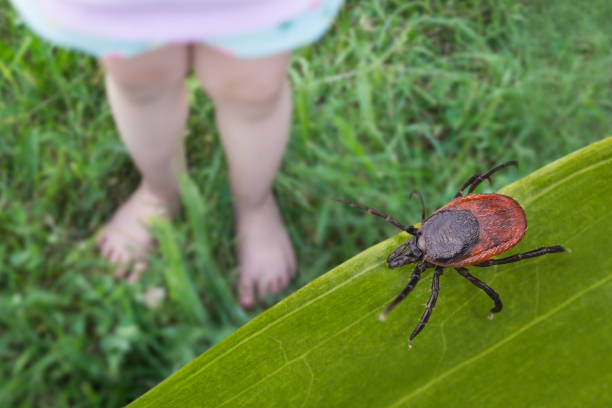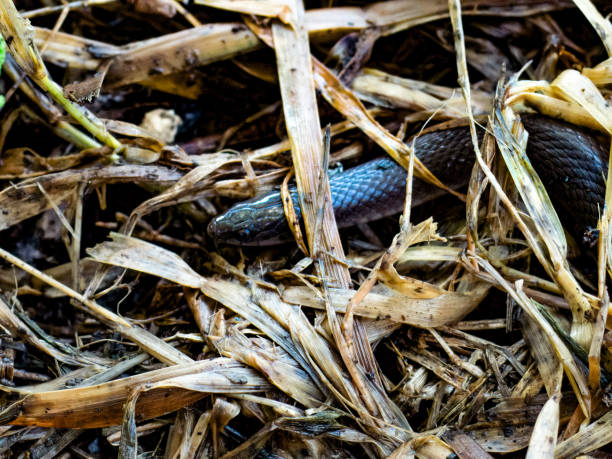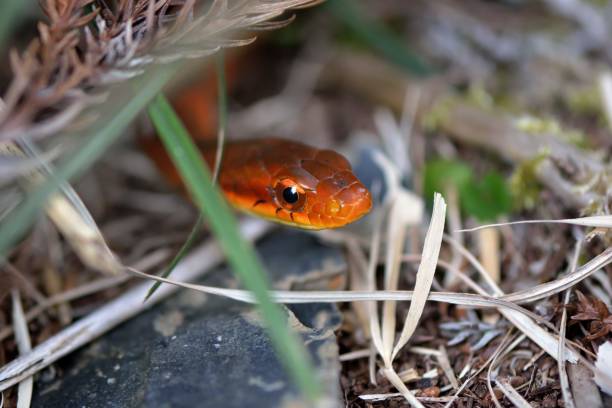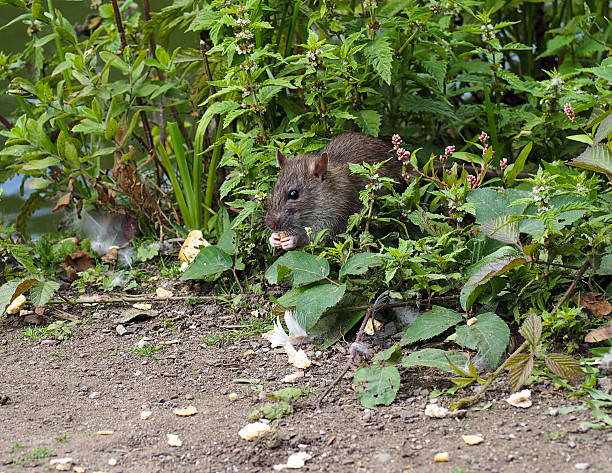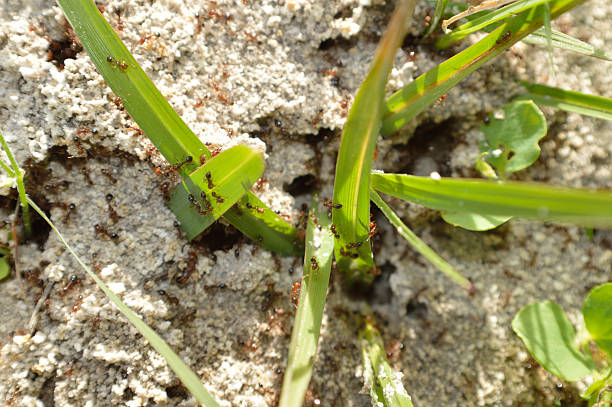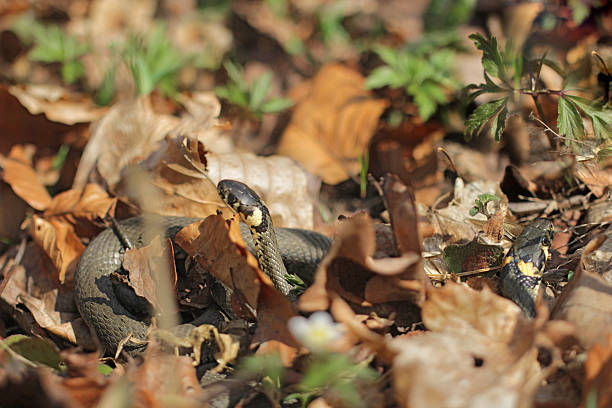How to Mosquito – proof Your Yard
This post contains affiliate links. This means I will make a commission at no extra cost to you should you click through and make a purchase. Read the full disclosure here.How to Mosquito-Proof Your Yard
Are pesky mosquitoes turning your outdoor haven into an unwelcome breeding ground for itchy bites and buzzing annoyances? Don’t worry, you’re not alone. Mosquitoes can be a nuisance, but with the right strategies, you can reclaim your yard and enjoy the outdoors without constantly swatting away these bothersome insects. In this article, we will provide you with practical tips and strategies on how to mosquito-proof your yard effectively.
Assessing Mosquito Risk
Before diving into mosquito-proofing methods, it’s essential to assess the risk level in your yard. Determine if there are any existing mosquito breeding grounds nearby, such as stagnant water sources, overgrown vegetation, or neglected pools. This evaluation will help you understand the severity of the problem and guide your mosquito prevention efforts.
Eliminating Standing Water
Mosquitoes lay their eggs in standing water, so eliminating or treating these sources is crucial for mosquito control. Inspect your yard regularly for any potential water containers, such as buckets, birdbaths, or clogged gutters, and empty them. Ensure that your outdoor water features, such as ponds or fountains, have circulating or aerated water to discourage mosquito breeding. Additionally, cover rain barrels with fine mesh screens to prevent mosquitoes from accessing the water.
Maintaining Your Yard
Maintaining a well-groomed yard is an effective way to reduce mosquito populations. Trim tall grass, bushes, and shrubs regularly, as they provide resting spots for mosquitoes during the day. Remove any debris, such as fallen leaves or branches, as they can accumulate stagnant water and attract mosquitoes. Consider using a fan on your patio or deck, as mosquitoes are weak fliers and have difficulty navigating in windy environments.
Choosing Mosquito-Repelling Plants
Certain plants are known for their ability to repel mosquitoes naturally. Incorporating these plants into your yard can provide an additional layer of defense against these pesky insects. Examples of mosquito-repellent plants include citronella, lavender, marigold, rosemary, and lemon balm. Plant them strategically in your garden beds, near seating areas, or in pots on your patio to create a natural barrier against mosquitoes.
Installing Mosquito Screens
To keep mosquitoes out of your home, consider installing mosquito screens on doors, windows, and any other openings. This will allow you to enjoy fresh air without worrying about unwanted visitors. Ensure that the screens are properly fitted and without any tears or gaps that mosquitoes could exploit.
Using Mosquito Traps
Mosquito traps can be an effective tool to reduce mosquito populations in your yard. There are various types of traps available, including carbon dioxide-baited traps and UV light traps. These traps attract and capture mosquitoes, helping to control their numbers. Place the traps strategically around your yard, away from seating and gathering areas, to draw mosquitoes away from where you spend your time.
Natural Repellents and DIY Solutions
If you prefer natural alternatives to chemical insecticides, several options can help repel mosquitoes. Essential oils like citronella, eucalyptus, and lemongrass can be mixed with carrier oils and applied to your skin as a natural mosquito repellent. Burning citronella candles or torches can also create a mosquito-free zone. Additionally, you can make DIY mosquito traps using simple ingredients like sugar, yeast, and water. These homemade traps can help reduce mosquito populations on a smaller scale.
Seeking Professional Help
If your mosquito problem persists despite your best efforts, it might be time to seek professional help. Pest control companies offer specialized mosquito control services that can effectively eliminate mosquitoes from your yard. They employ various methods, such as fogging, larviciding, and residual spraying, to target and eradicate mosquito populations. Consulting with professionals can provide you with long-term relief from mosquitoes.
Conclusion
By implementing the strategies outlined in this article, you can significantly reduce the mosquito population in your yard and create a more enjoyable outdoor space. Remember to eliminate standing water, maintain your yard, incorporate mosquito-repelling plants, install screens, use traps and natural repellents, and seek professional help if needed. With these proactive measures, you can reclaim your yard from mosquitoes and enjoy your outdoor activities without the constant annoyance of mosquito bites.
FAQ
Q1: How do mosquitoes breed in standing water?
Mosquitoes lay their eggs on the surface of stagnant water, and these eggs hatch into larvae, which eventually develop into adult mosquitoes.
Q2: How often should I inspect my yard for potential mosquito breeding grounds?
Regular inspections are recommended, ideally once a week, to ensure prompt elimination of any standing water sources.
Q3: Can mosquitoes transmit diseases?
Yes, mosquitoes are known to transmit diseases such as malaria, dengue fever, Zika virus, and West Nile virus.
Q4: Are mosquito traps effective in controlling mosquito populations?
Mosquito traps can be effective in reducing mosquito populations, but their efficiency may vary depending on the trap type and placement.
Q5: What is the best time to enjoy the outdoors without mosquitoes?
Mosquito activity tends to be highest during dawn and dusk. However, using mosquito repellents and implementing mosquito-proofing methods can help you enjoy the outdoors at any time of the day.

